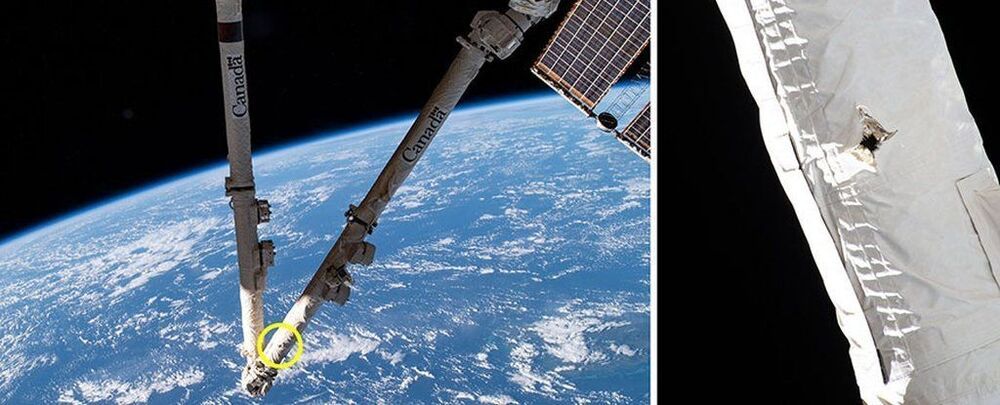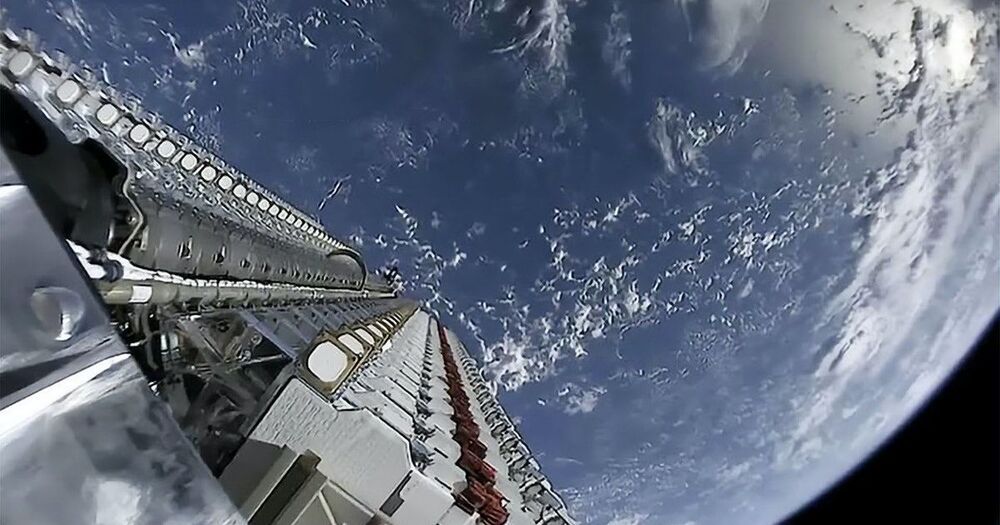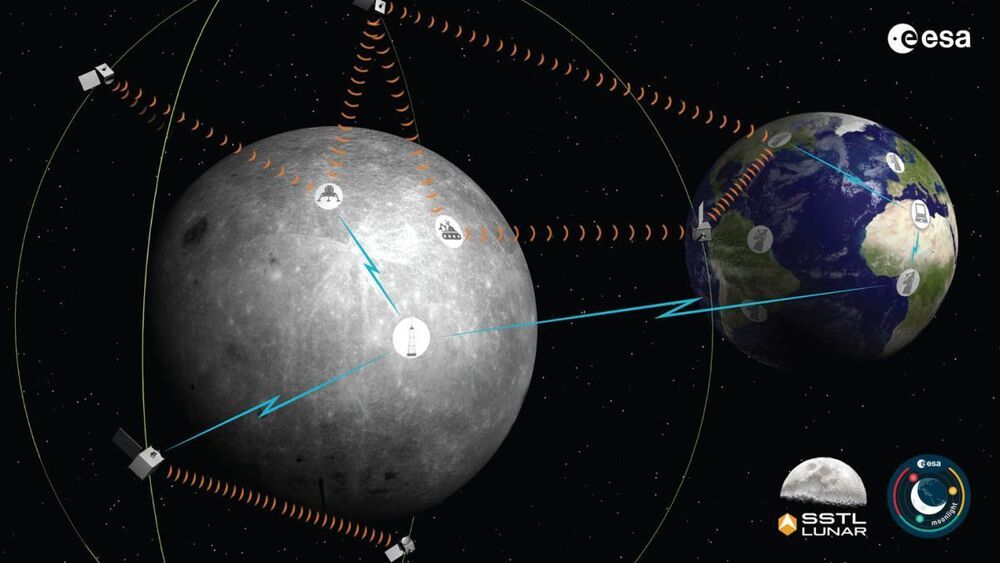The four spacecraft went up aboard a Long March 2D rocket on Thursday (June 10).
China launched four new satellites into orbit on Thursday (June 10), including a commercial satellite for tracking near-Earth asteroids.
The four spacecraft went up aboard a Long March 2D rocket on Thursday (June 10).
China launched four new satellites into orbit on Thursday (June 10), including a commercial satellite for tracking near-Earth asteroids.

Researchers have developed a metalens that is focused using voltage instead of mechanically moving its components, a development that promises to save space and weight in numerous imaging applications.
The advance from researchers at Cornell University’s School of Applied and Engineering Physics and Samsung’s Advanced Institute of Technology is said to be the first of its kind.
The proof of concept could lead to a range of compact varifocal lenses for use in imaging applications including satellites, telescopes and microscopes, which traditionally focus light using curved lenses that adjust using mechanical parts. In some applications, moving traditional glass or plastic lenses to vary the focal distance is not practical due to space, weight or size considerations.

HELSINKI — China rolled out a Long March 2F rocket Wednesday in preparation to send the Shenzhou-12 spacecraft and three astronauts to an orbiting space station module.
The Long March 2F rocket was vertically transferred to its pad at the Jiuquan Satellite Launch Center in the Gobi Desert, the China Manned Space Engineering Office (CMSEO) announced Wednesday.
The rocket will send Shenzhou-12 and three astronauts to the Tianhe core module for China’s space station which launched April 28 Eastern.

Researchers from Cornell University’s School of Applied and Engineering Physics and Samsung’s Advanced Institute of Technology have created a first-of-its-kind metalens—a metamaterial lens—that can be focused using voltage instead of mechanically moving its components.
The proof of concept opens the door to a range of compact varifocal lenses for possible use in many imaging applications such as satellites, telescopes and microscopes, which traditionally focus light using curved lenses that adjust using mechanical parts. In some applications, moving traditional glass or plastic lenses to vary the focal distance is simply not practical due to space, weight or size considerations.
Metalenses are flat arrays of nano-antennas or resonators, less than a micron thick, that act as focusing devices. But until now, once a metalens was fabricated, its focal length was hard to change, according to Melissa Bosch, doctoral student and first author of a paper detailing the research in the American Chemical Society’s journal Nano Letters.

Germany wants to help citizens in rural areas get better access to the world wide web by supporting the purchase of hardware for satellite internet services such as Elon Musk’s Starlink, the transport ministry said on Monday.
The planned subsidy scheme will be open to all providers who offer wireless internet connections in rural areas, for example through satellites or directional radio links, the ministry said.
Coalition talks about the details of the voucher scheme are still ongoing and the aim is to subsidize the purchase of the technical equipment, it added.

The inevitable has occurred. A piece of space debris too small to be tracked has hit and damaged part of the International Space Station — namely, the Canadarm2 robotic arm.
The instrument is still operational, but the object punctured the thermal blanket and damaged the boom beneath. It’s a sobering reminder that the low-Earth orbit’s space junk problem is a ticking time bomb.
Obviously space agencies around the world are aware of the space debris problem. Over 23000 pieces are being tracked in low-Earth orbit to help satellites and the ISS avoid collisions — but they’re all about the size of a softball or larger.


In a paper for Nature this month, researchers claim the development of mega-constellations like Starlink “risks multiple tragedies of the commons, including tragedies to ground-based astronomy, Earth orbit, and Earth’s upper atmosphere.”
Perhaps the biggest effects could come as the satellites start to deorbit, sparking what could be a major experiment in geoengineering.
This week’s SpaceX launch is the 29th batch of Starlink satellites since the first in May 2019, building out the firm’s internet connectivity constellation. Starlink aims to offer high-speed and low latency internet access almost anywhere with a view of a ground terminal.
SpaceX has now launched 1737 satellites for Starlink, with 951 operational. Starlink satellites typically take a few months to move into position and start operations. Starlink is already the biggest single constellation in space, but the firm has applied for permission to launch up to 42000 satellites.
I could probably be described as a SpaceX enthusiast. I catch their launches when I can, and I’ve watched the development of Starship with great interest. But the side-effect of SpaceX’s reusable launch system is that getting to space has become a lot cheaper. Having excess launch capacity means that space projects that were previously infeasible become suddenly at least plausible. One of those is Starlink.
Starlink is SpaceX’s satellite Internet service. Wireless and cellular internet have helped in some places, but if you really live out in the sticks, satellite internet is your only option. And while satellite Internet isn’t exactly new, Starlink is a bit different. Hughesnet, another provider, has a handful of satellites in geostationary orbit, which is about 22000 miles above the earth. To quote Grace Hopper, holding a nearly foot-long length of wire representing a nanosecond, “Between here and the satellite, there are a very large number nanoseconds.”
SpaceX opted to do something a bit different. In what seemed like an insane pipe dream at the time, they planned to launch a satellite constellation of 12000 birds, some of them flying as low as 214 mile altitude. The downside of flying so low is that they won’t stay in orbit as long, but SpaceX is launching them significantly faster than they’re coming down. So far, nearly 1600 Starlink satellites are in orbit, in a criss-crossing pattern at 342 miles (550 km) up.
